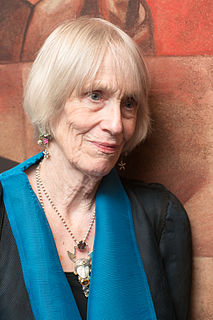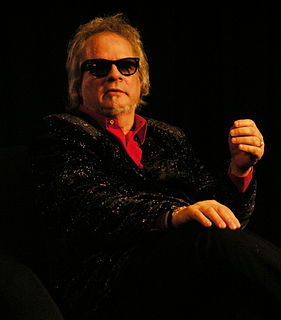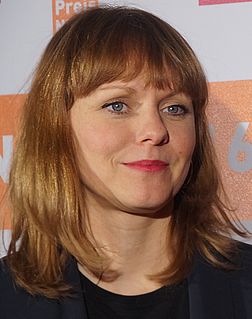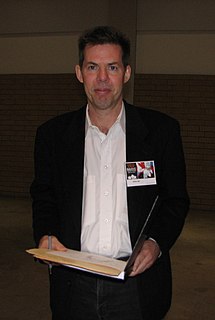A Quote by Alice McDermott
My parents were both first-generation Irish Catholics raised in Brooklyn. But it was more for me - it was that women of that generation were even less likely to express themselves, more likely to have that active interior life that they didn't dare speak out. So I was interesting in women of that era. I was interested in the language of that era. There's so much. And, certainly, this is cultural, so much there wasn't spoken about.
Related Quotes
Women are far more likely to follow orders to evacuate, especially women with children. At the same time, women were much more likely to die during the South Asian tsunami. In some villages it was 3 to 1. And that was party because of the average strength it takes to hold onto something. Also it was cultural; women were less likely to know how to swim, as were children. So much of this is based on how we develop our own survival skills before something goes wrong: Even if nothing goes wrong, it might be good to know how to swim.
[I was] particularly eager to give voice to the women of my mother's place and generation, who grew up in turn-of-the-century, privileged New England households, who really never had a chance to flower and assess themselves and find out who they were. More than anything, I wanted to give voice to the sort of anger that women of that generation could never express for themselves.
There was a generation of kids who were just kind of emulating distant heroes and wearing peace symbols, and parents who were thinking of themselves as liberal and removed from barbarity, but it also was the era of Vietnam. I very much was influenced - and I think the whole country was kind of in a state of shock - for the first time seeing the horror and cruelty of war.
Many young women are less whole and androgynous than they were at age ten. They are more appearance-conscious and sex-conscious. They are quieter, more fearful of holding strong opinions, more careful what they say and less honest. They are more likely to second-guess themselves and to be self-critical. They are bigger worriers and more effective people pleasers. They are less likely to play sports, love math and science and plan on being president. They hide their intelligence. Many must fight for years to regain all the territory they lost.
For me, it was always clear that Toni Erdmann is more a film about what globalization, capitalism, does with private relationships much more than making a "political" film. It's more interesting to raise questions, because I don't feel in a position to "make a statement" with the film. Toni Erdmann comes from a completely different generation then his daughter, it's the post-war generation, they were very politically engaged. They raised their children with a lot of human worldviews, sent them out in the world believing in a world without borders.
The battle with Men Who Explain Things has trampled down many women - of my generation, of the up-and-coming generation we need so badly, here and in Pakistan and Bolivia and Java, not to speak of the countless women who came before me and were not allowed into the laboratory, or the library, or the conversation, or the revolution, or even the category called human.
I don't think that there's a target audience at all. These stories were in circulation. The stories were told by men, told in the marketplace by men, but also behind doors by women, but there's no real record of this. It's likely they were told by women to children in their interior rooms. The story could be a negative story, they could be presented as a, "Watch out! Women will get round you, do things to you, weave you in their toils." It could be buried in it an old cautionary story about women and their wiles.




































